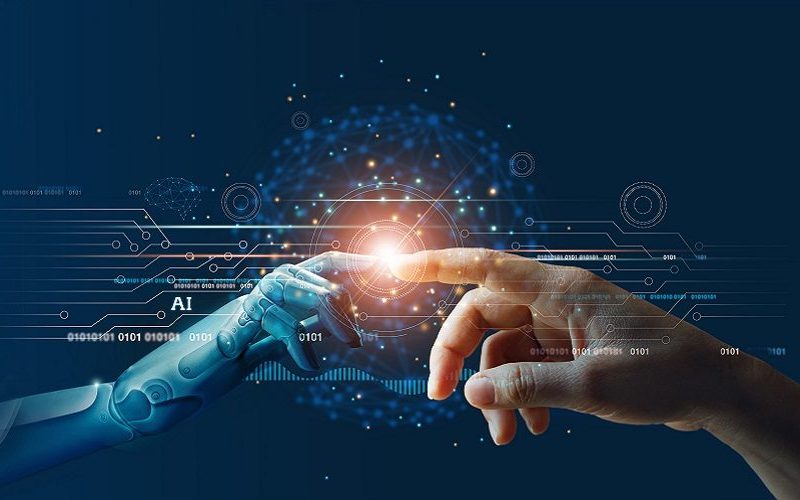In the vast landscape of the internet, few platforms have left as profound an impact on the dissemination of knowledge as Wikipedia. Often referred to as the “encyclopedia anyone can edit,” Wikipedia stands as a testament to the power of collaborative efforts, democratized information sharing, and the pursuit of a shared understanding of the world. This Articles Wiki unveils the multifaceted nature of Wikipedia, offering a comprehensive overview of its origins, mechanisms, and its role as a global knowledge hub.
The Essence of Wikipedia
At its core, Wikipedia is a free online encyclopedia that allows individuals from around the world to contribute and edit articles on an array of topics. It operates under a principle of collaboration, where users collectively contribute their expertise, research, and insights to create an ever-evolving repository of knowledge. This ethos of open collaboration sets Wikipedia apart as a dynamic, living source of information.
A Platform for All
One of Wikipedia’s defining characteristics is its accessibility. Anyone with an internet connection can access, edit, and contribute to its articles. This inclusivity fosters a diverse range of voices and perspectives, enriching the content with a myriad of insights. From students seeking information for their assignments to experts sharing specialized knowledge, Wikipedia accommodates a broad spectrum of users, making it a valuable resource for both casual readers and serious researchers.

How It Works
Wikipedia’s functioning is built on a framework of collaboration and community oversight. Users can create new articles, edit existing ones, and add references to ensure accuracy. The “edit” button is a hallmark feature, allowing users to make revisions and improvements to articles in real-time. To maintain quality and reliability, Wikipedia employs a system of peer review, where changes are subject to scrutiny by the community of editors, ensuring that articles meet established guidelines and standards.
Democratization of Knowledge
Wikipedia embodies the democratization of knowledge, challenging traditional models of information dissemination. In contrast to traditional encyclopedias that rely on a select group of experts, Wikipedia leverages the collective wisdom of its user base. This approach not only democratizes the creation of knowledge but also democratizes access to that knowledge, making it freely available to anyone with an internet connection.
Founding Vision and Pioneers
Wikipedia was founded in 2001 by Jimmy Wales and Larry Sanger. The platform emerged from a vision to create a global knowledge resource that harnessed the collaborative potential of the internet. Jimmy Wales believed in the transformative power of shared information, while Larry Sanger contributed to the platform’s early organization and development. Their combined efforts birthed a revolution in information dissemination, sparking a shift towards collaborative content creation.



